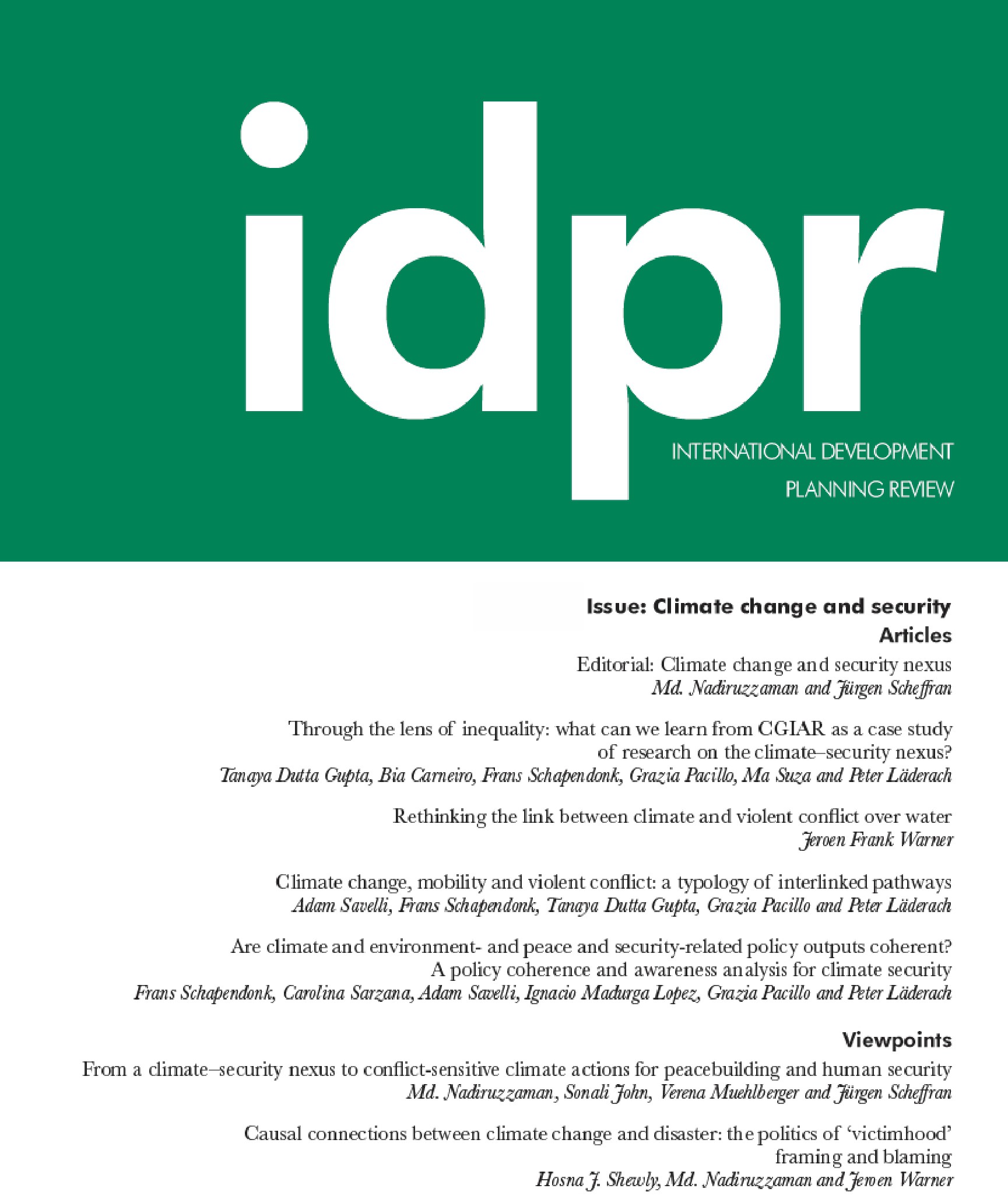IMPROVING THE QUALITY OF WORK-LIFE OF INDIAN GIG WORKERS WITH THE INTEGRATION OF TECHNOLOGY
Abstract
The gig economy in India has seen exponential growth, driven by technological advancements that have reshaped the landscape of work. This study explores the impact of technology on the quality of work-life for Indian gig workers and proposes strategies for improvement. Technology has facilitated greater flexibility, enabling gig workers to manage their schedules and work from diverse locations. It has also expanded access to job opportunities, allowing workers to connect with a broader client base and secure employment more efficiently.
Despite these benefits, challenges persist. The lack of job security, inconsistent income, and absence of traditional employment benefits such as health insurance and retirement plans pose significant concerns. Additionally, the algorithmic management of work assignments can lead to unpredictable workloads and earnings, contributing to financial instability and stress.
To enhance the quality of work-life for gig workers, it is essential to address these challenges through policy interventions and platform-level changes. Recommendations include implementing fair wage practices, providing access to social security benefits, and ensuring transparent and equitable algorithmic management. By fostering a supportive and sustainable gig economy, technology can be leveraged to improve the overall well-being and job satisfaction of Indian gig workers.






